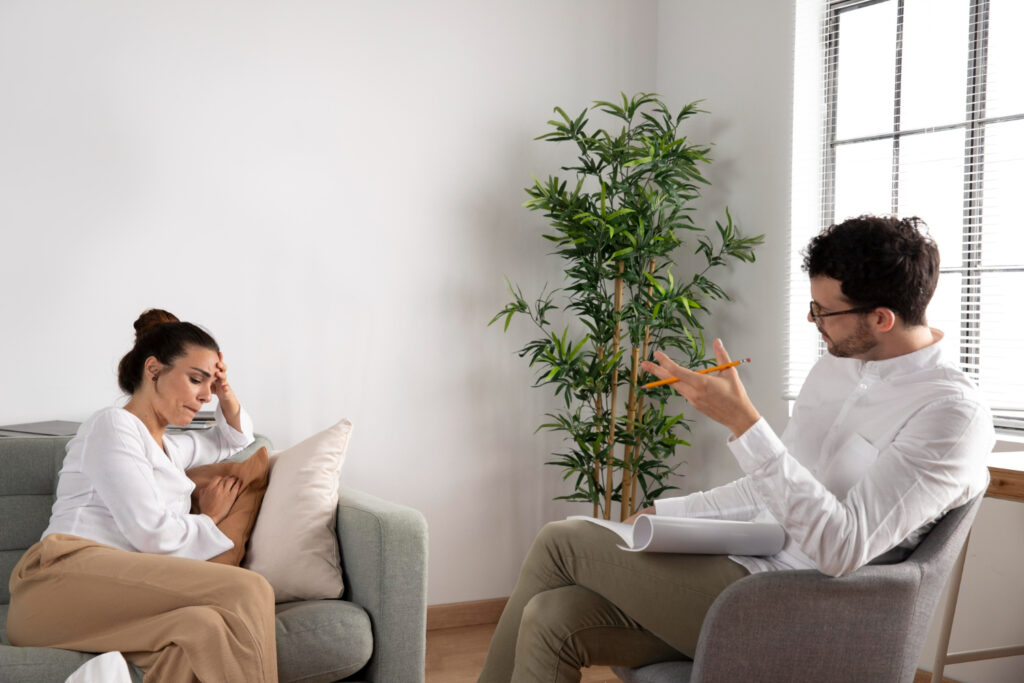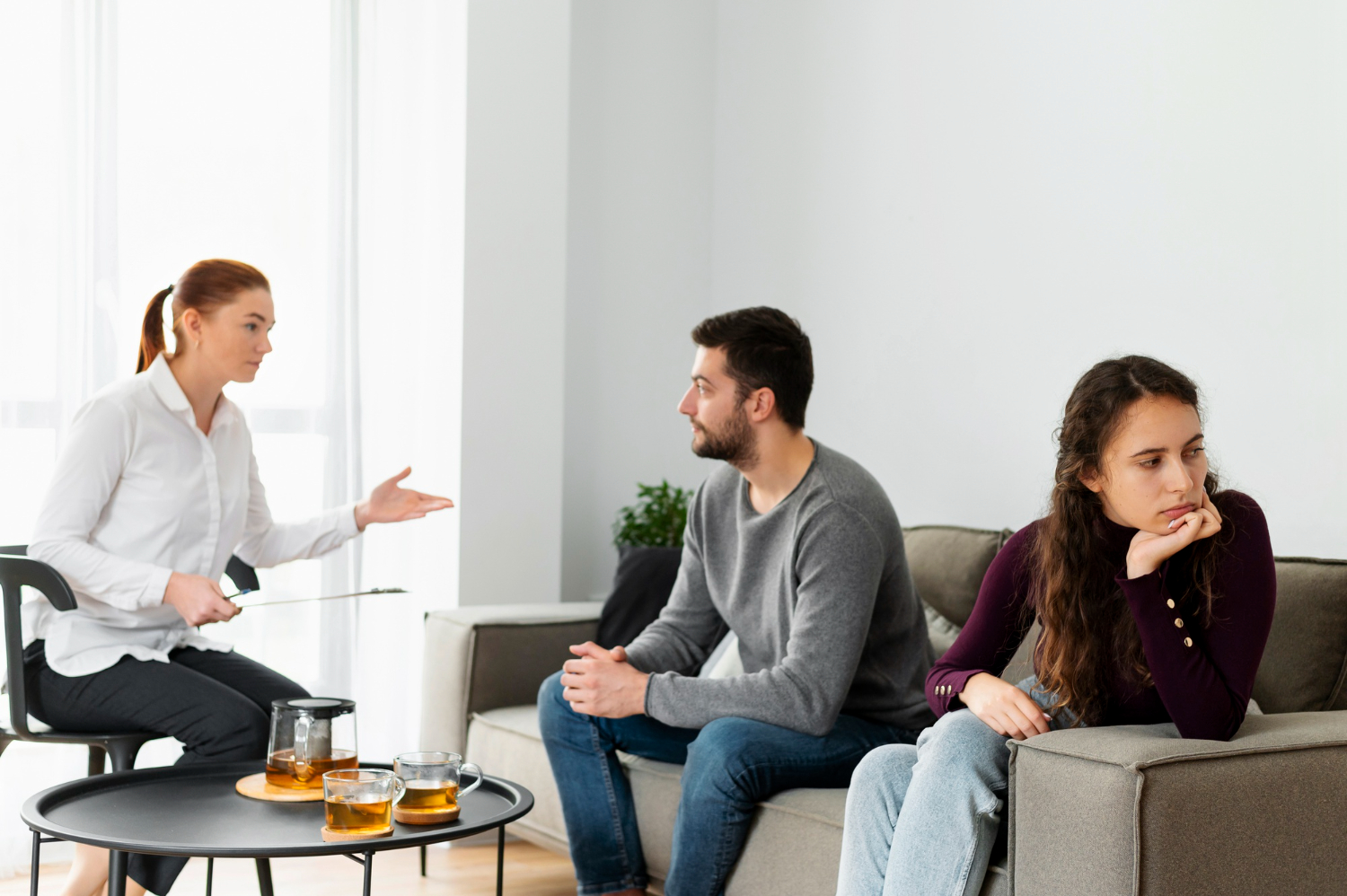
- Posted by : Mindtherapy
- Exercise
- Medical Helath
- Skill
Life is full of unexpected twists and turns. Some days are sunshine and rainbows, while others feel like a storm cloud is permanently parked over your head. It’s during these challenging times that having a good set of coping skills comes in handy.
What are Coping Skills?
Coping skills are the healthy behaviors and thoughts we use to manage difficult emotions and situations. They help us:
- Reduce stress and anxiety
- Improve our mood
- Increase our resilience
- Maintain healthy relationships
- Solve problems effectively
“You can't control the waves, but you can learn to surf.”
Think of coping skills as your personal toolbox. When faced with stress, anxiety, or difficult emotions, you can reach into your toolbox and pull out a strategy that helps you manage the situation and feel better.
Building Your Coping Skills Toolbox
The good news is that coping skills can be learned and practiced. Here are some tips for building your own toolbox:
- Identify your triggers: What situations or emotions tend to make you feel stressed or overwhelmed? Once you know your triggers, you can start to develop coping skills specifically for those situations.
- Experiment with different techniques: There is no one-size-fits-all approach to coping. Try different things and see what works best for you.
- Be patient: It takes time to develop and master coping skills. Don't get discouraged if you don't see results immediately.
- Seek support: Talk to friends, family, or a therapist about your challenges. They can offer encouragement and support as you learn new coping skills.
Remember, building your coping skills toolbox is an ongoing process. The more you practice, the more confident you’ll become in your ability to handle life’s challenges.

“Calmness is the cradle of power.”
If you’re struggling to cope with difficult emotions or situations on your own, it’s important to seek professional help. A therapist can teach you additional coping skills and provide support.


